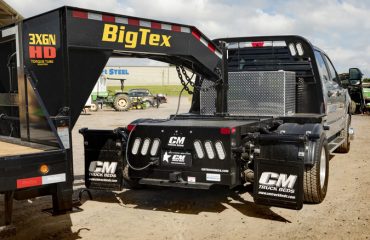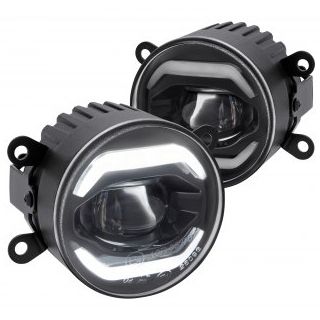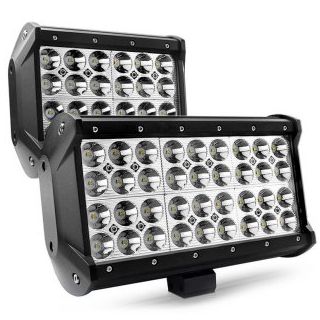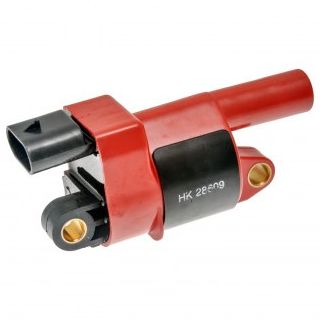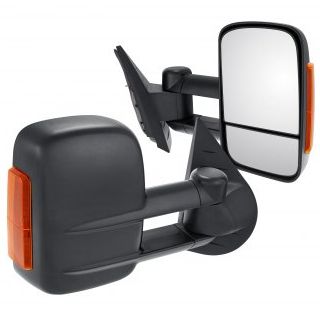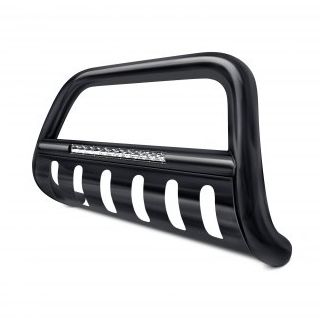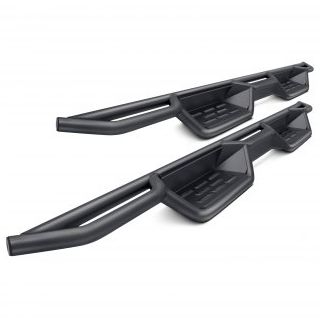
In the early 2000s, getting a remote start on a vehicle usually required buying a luxury car, SUV, or truck. However, since the addition of advanced car safety systems in newer vehicles, such as blind-spot monitoring, 360 cameras, adaptive cruise control, lane assist, and others, a remote start has become more of a standard option in many trim levels – no matter the brand. However, not every vehicle will have this feature, and if yours is one of them, you may be considering getting an aftermarket remote start.
During the frigid winter months, going outside to start your vehicle and scrape off the windows before heading to work or taking the kids to school can be miserable. Not to mention, letting your vehicle warm up before driving in below-freezing temperatures allows the oil to lubricate engine components properly. Getting a remote start can make those cold days more bearable and convenient, but what will installing one in your vehicle cost? The answer will vary depending on a few factors, such as the vehicle’s make, model, and year, the type of remote start you choose, and who does the installation.
Types of Remote Starts
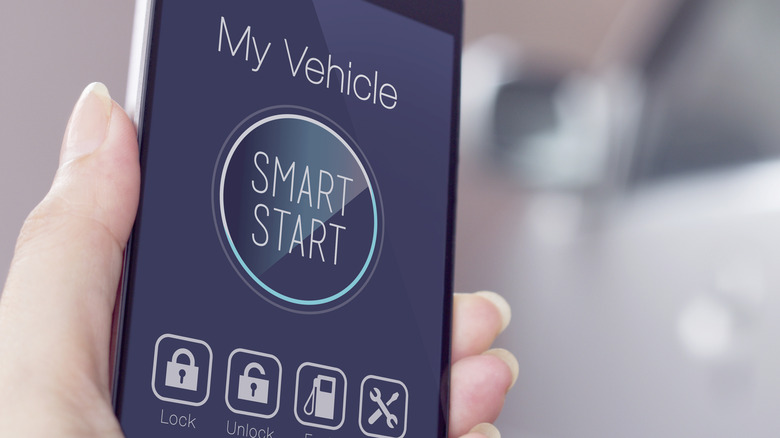
There are three main types of aftermarket remote starts: one-way, two-way, and smartphone starting. One-way remote starts are the most common and basic. Typically, with the vehicle locked, you press the remote start button, and it sends a signal to your vehicle. The vehicle lights will flash, signifying that the vehicle has turned on. The caveat is that you won’t know your vehicle has started via the remote unless you have a view of your vehicle.
On the other hand, a two-way remote start works similarly, but when the remote start is successful, there will either be an LED light or an LCD screen telling you your vehicle has started. Finally, a smartphone remote start is the same as a two-way, but you can remotely start your vehicle from your phone, and it will indicate on the smartphone the vehicle has started.
Each type of remote starter will vary in its starting range, difficulty to install, and compatibility. Base-level remote starts typically will start a vehicle within 50 feet — it’s the best fit for starting your vehicle within close proximity of your home or office. More advanced remote starts can reach around 1,000 feet or more, while some smartphone remote starts have an unlimited range as long as your phone and vehicle are within a cellular network.
Depending on your vehicle’s year, make, and model, it may be more expensive to install. Some remote starts are universal, but some may require additional wiring and extra parts for it to work properly.
Parts and Installation

For only the remote start, you can expect to pay anywhere from $60 (universal one-way) to over $600 (long-range two-way). The next cost is the installation, which can vary depending on who installs it. You could install the remote start yourself, but it isn’t recommended unless you are experienced working on vehicles and wiring. If not, then dealerships and automotive accessory stores offer installation — some may even include the installation if you buy the remote start from them. However, if you buy a third-party remote start from Amazon or somewhere else, you will be at the mercy of the hourly labor costs from the shop.
It is also important to mention that installing a remote start on an automatic transmission is a lot easier than a manual transmission. Even though stick shift vehicles are a dying breed, there are still people who drive them and would like to add an aftermarket remote start. It is possible to do so, but a lot more complicated, and safety is a concern — potentially increasing the costs. The reason is that the vehicle will need to be put into neutral in order for the remote start to work — so if the parking brake fails, your vehicle could start rolling away. Next, a clutch bypass will need to be done, and other bypass modules will have to be installed. So, while it is possible, the costs may be higher than if you were to install a remote start on an automatic transmission.

